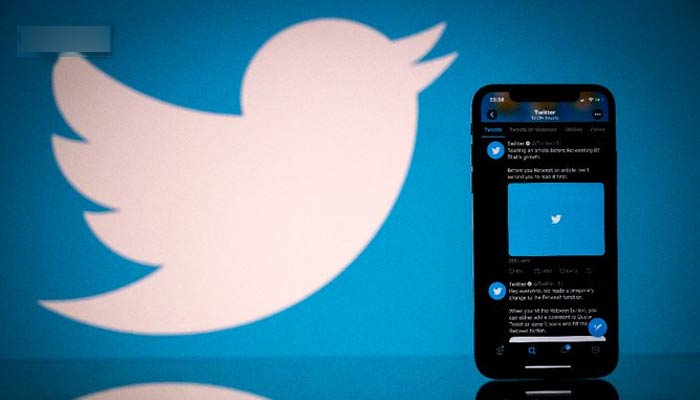'Final date' for removal of iconic Twitter blue checkmark revealed
Twitter CEO Elon Musk announces “final date” for removal of iconic checkmarks on Twitter
Twitter CEO Elon Musk on Tuesday announced that the “final date” for the removal of its iconic blue checkmarks — that have long been seen as prizes to be earned — is April 20.
Taking to the microblogging platform, which he purchased last year, the Tesla CEO tweeted: “Final date for removing legacy Blue checks is 4/20.”
Tweeps immediately replied to Musk’s tweet sharing their outrage and dissatisfaction, accusing the CEO of doing this in a bid to make more money.
Last month, Twitter announced that it would start rolling back the iconic blue checkmarks from April 1.
On the same day, Twitter announced that a Twitter Blue subscription was available globally for $7 (approximately Rs2,250), the platform has announced its decision to roll back the coveted checkmarks.
Prior to Elon’s takeover of the microblogging platform, checkmarks were used to verify accounts of individuals and groups as active authentic and “notable” accounts of interest.
Most importantly, the verified checkmarks were free-of-cost and users were not asked to pay for them.
However, Twitter announced in mid-December that they were rolling out Twitter blue subscription model that would allow subscribers to “get access to subscriber-only features such as Edit Tweet, 1080p video uploads and reader mode.”
Twitter users were informed that they could “purchase” a blue check through the subscription model for $8 per month (iOS and Android signups will cost $11 per month, due to app store costs). Twitter, at the time, also told users that other checkmark colors and badges would be available for purchase to denote whether an account is a business or a government.
-
Northern Lights: Calm conditions persist amid low space weather activity
-
SpaceX pivots from Mars plans to prioritize 2027 Moon landing
-
Dutch seismologist hints at 'surprise’ quake in coming days
-
SpaceX cleared for NASA Crew-12 launch after Falcon 9 review
-
Is dark matter real? New theory proposes it could be gravity behaving strangely
-
Shanghai Fusion ‘Artificial Sun’ achieves groundbreaking results with plasma control record
-
Polar vortex ‘exceptional’ disruption: Rare shift signals extreme February winter
-
Netherlands repatriates 3500-year-old Egyptian sculpture looted during Arab Spring












